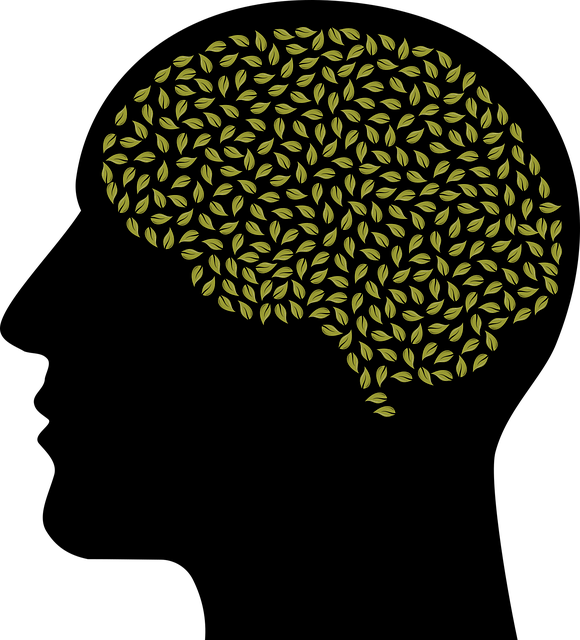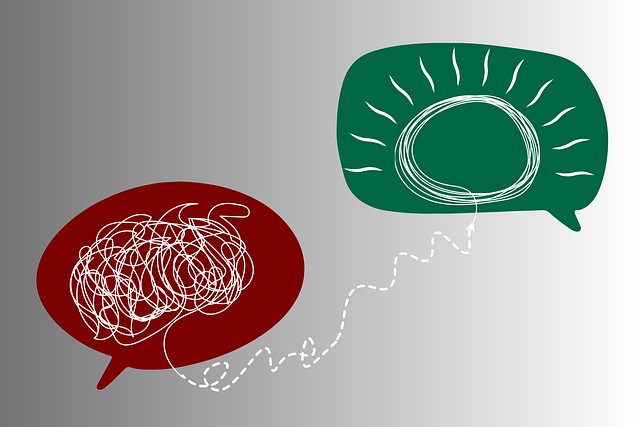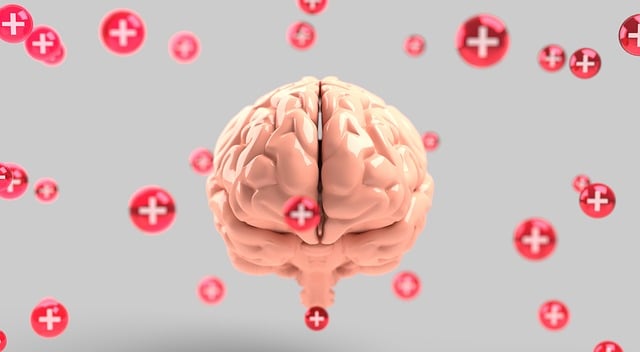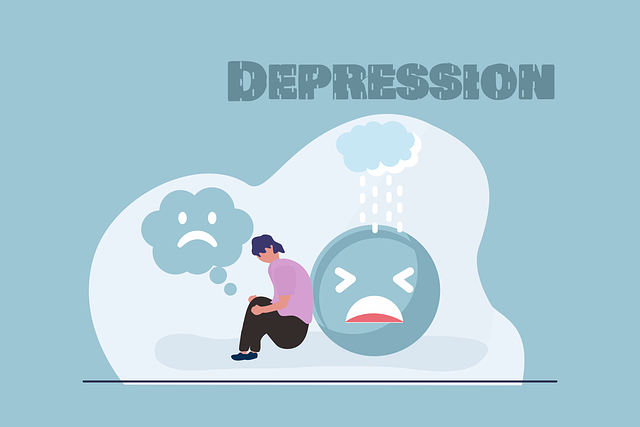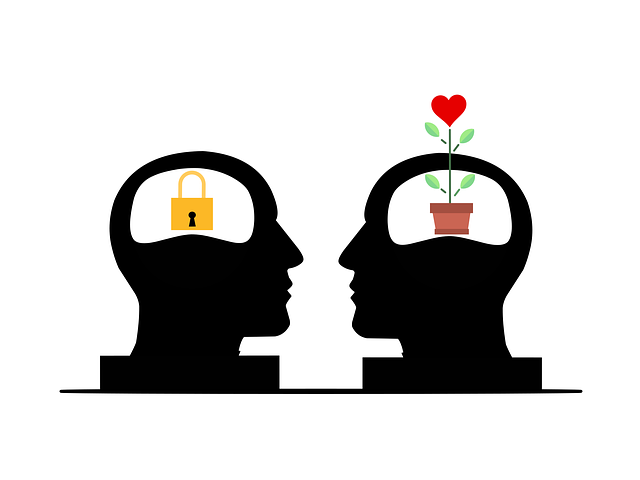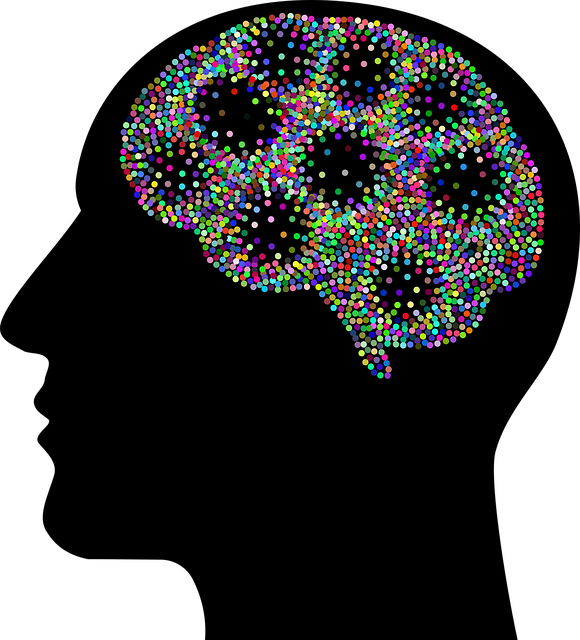Mood regulation through Highlands Ranch ADD-ADHD Therapy is vital for managing life's challenges and improving mental wellness. Targeted interventions, cognitive behavioral therapy (CBT), lifestyle adjustments like exercise and mindfulness meditation, plus community support reduce stigma and enhance coping skills. These strategies empower individuals with ADHD or other conditions to manage emotions, improve relationships, and achieve better quality of life.
Mood regulation is a vital skill, especially for individuals with Attention Deficit Disorder/Hyperactivity Disorder (ADD/ADHD) navigating the challenges of daily life in Highlands Ranch. This article explores effective strategies to manage and stabilize moods, focusing on Cognitive Behavioral Therapy (CBT), lifestyle adjustments, and the support systems that can make all the difference. By understanding common hurdles, you’ll discover practical tools to enhance emotional well-being, offering a comprehensive guide for those seeking Highlands Ranch ADD-ADHD therapy.
- Understanding Mood Regulation and Its Significance
- Common Challenges in Mood Management for ADD/ADHD Individuals
- Cognitive Behavioral Therapy (CBT) Techniques for Mood Stabilization
- Lifestyle Adjustments to Enhance Emotional Well-being
- The Role of Support Systems and Professional Help in Highlands Ranch
Understanding Mood Regulation and Its Significance

Understanding Mood Regulation and Its Significance
Mood regulation is a vital aspect of mental wellness, enabling individuals to navigate life’s ups and downs with resilience and adaptability. It involves managing and adjusting emotional states, ensuring they align with the demands of daily living. For those in Highlands Ranch ADD-ADHD Therapy, mastering these strategies can be transformative. Effective mood regulation allows individuals to reduce the impact of negative emotions, improve overall well-being, and foster healthier relationships.
In the context of mental illness, particularly conditions like ADHD, learning to regulate moods is a crucial component of self-care. It involves recognizing triggers, developing coping mechanisms, and cultivating awareness of one’s emotional responses. Through Crisis Intervention Guidance and Stress Management techniques, individuals can gain a sense of control, enhance their quality of life, and even mitigate the effects of mental illness stigma reduction efforts.
Common Challenges in Mood Management for ADD/ADHD Individuals

Managing mood for individuals with Attention Deficit Hyperactivity Disorder (ADHD) or Attention Deficit Disorder (ADD) presents unique challenges. One significant hurdle is the often-present impulсивity, which can disrupt emotional regulation and make it difficult to stick to effective coping strategies. Additionally, the hyperfocus that comes with ADHD can shift attention away from current mood states, leading to an awareness gap in recognizing when help is needed.
Highlands Ranch ADD-ADHD therapy offers valuable tools to navigate these challenges. Through targeted interventions, individuals learn communication strategies to express their feelings effectively and set boundaries. Stigma reduction efforts play a crucial role here, fostering understanding and empathy from those around them. By combining these approaches, patients gain better control over their moods, leading to improved overall well-being.
Cognitive Behavioral Therapy (CBT) Techniques for Mood Stabilization

Cognitive Behavioral Therapy (CBT) is a powerful tool for mood stabilization and has proven effective in treating various mental health conditions, including those in Highlands Ranch ADD-ADHD Therapy settings. This therapeutic approach focuses on identifying and changing negative thought patterns and behaviors that contribute to emotional distress. Through CBT, individuals learn to challenge distorted thinking, improve their coping skills, and develop more adaptive strategies for managing their moods.
By employing techniques such as cognitive restructuring, where thoughts are examined and replaced with more realistic and positive ones, CBT aids in breaking the cycle of negative emotions. Additionally, it teaches valuable communication strategies that facilitate open dialogue about feelings, reducing barriers often associated with mental illness stigma reduction efforts. The process empowers individuals to take an active role in their emotional healing processes, providing them with long-lasting tools for maintaining mental well-being.
Lifestyle Adjustments to Enhance Emotional Well-being

In Highlands Ranch ADD-ADHD Therapy, lifestyle adjustments play a pivotal role in enhancing emotional well-being. Incorporating regular physical activity, maintaining a balanced diet, and ensuring adequate sleep are foundational practices that can significantly impact mood regulation. Exercise, for instance, releases endorphins, often referred to as ‘feel-good’ hormones, which can alleviate stress, anxiety, and depression. Similarly, mindful eating habits not only support overall health but also foster better emotional awareness and control.
Additionally, integrating mindfulness meditation into daily routines has proven effective in calming the mind and improving self-esteem. This ancient practice encourages individuals to focus on the present moment, thereby reducing rumination on past experiences or future worries. In crisis intervention guidance, these techniques can be particularly useful in de-escalating intense emotions and promoting a sense of stability. By adopting such lifestyle adjustments, individuals can better navigate their emotional landscapes and cultivate a deeper connection with their inner selves.
The Role of Support Systems and Professional Help in Highlands Ranch

In Highlands Ranch, support systems play a pivotal role in mood regulation and mental health management, especially for individuals dealing with conditions like ADD-ADHD. Strong social connections can provide a sense of belonging, offer emotional validation, and serve as a buffer against the isolating effects of mental illness. Local communities and support groups cater to various needs, fostering an environment where members feel understood and supported. This collective approach not only aids in coping but also facilitates the reduction of stigma surrounding mental health issues.
Professional help is equally crucial for effective mood regulation strategies. Highlands Ranch offers specialized ADD-ADHD therapy services tailored to address specific challenges faced by individuals with these conditions. Mental health professionals here employ evidence-based practices and therapies such as cognitive-behavioral therapy (CBT) to help patients develop coping mechanisms, enhance self-awareness, and improve overall well-being. Moreover, burnout prevention initiatives and risk assessment programs ensure the resilience and safety of these professionals, enabling them to provide consistent and high-quality care in a supportive environment.
Mood regulation is a vital aspect of emotional well-being, especially for individuals with ADD/ADHD in Highlands Ranch. By understanding the challenges they face and implementing strategies like CBT techniques and lifestyle adjustments, one can significantly improve their mood stabilization. Support systems and professional help play a crucial role in this process, offering tailored guidance and support to navigate through emotional landscapes. Through these comprehensive approaches, residents of Highlands Ranch with ADD-ADHD therapy can effectively manage their moods and enhance their overall quality of life.

